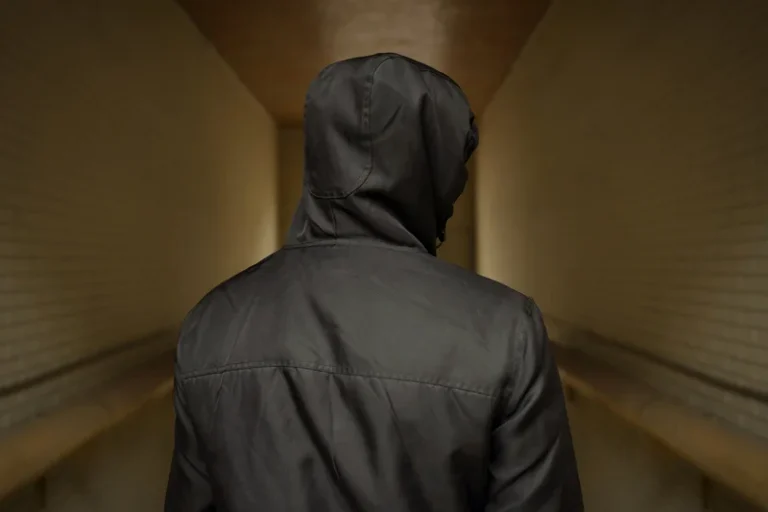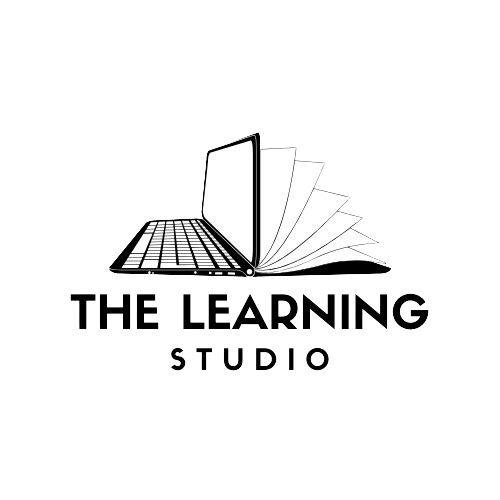Currently Empty: ₹0.00
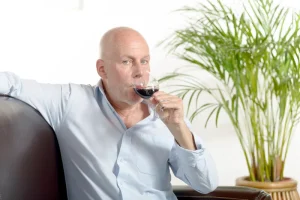
Every step away from addiction is a step towards a brighter, healthier future. Whether you’re struggling with addiction yourself or supporting a loved one, remember that change is possible. The sooner addictive behaviors are addressed, the better the chances for successful recovery. It’s like catching a disease in its early stages – treatment is often more effective and less invasive. The three stages of addiction come full circle once a person starts to anticipate or crave the drug’s effects on an ongoing basis.
Relapse
Your body addiction cycles starts using the substance to meet a sense of homeostasis, and if you stop taking it, you’ll likely feel sick. In particular, opioids can make you feel highly unwell if you stop taking them4 without a professional detox. Beginning her career as a freelance writer, Grace graduated summa cum laude from Arizona State University with a B.A. She wrote across various topics and found mental health and recovery to be the best fit.
- This self-awareness is like having a map of the wheel, allowing individuals to anticipate and prepare for challenging moments.
- Despite its effectiveness, access to MAT has been limited by negative perceptions, lack of knowledge among healthcare providers, and regulatory barriers.
- Although some of these functional abnormalities may be present to a greater or lesser extent across all classes of drug addictions, some of the changes may be specific to certain types of drugs.
- Their addictive behaviors become so severe that they cannot function without their substance of choice.
- Group and individual therapies, such as Alcoholics Anonymous (AA), are often helpful, but a person who is in recovery knows that relapse could occur quickly.
The Cycle of Addiction
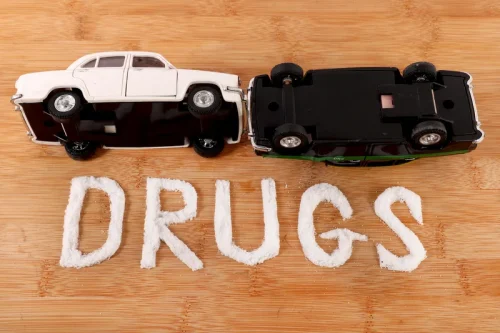
Detox can be uncomfortable, painful, or even dangerous, which is why it’s often conducted under medical supervision. Symptoms can range from mild anxiety and cravings to severe physical and psychological effects. The goal of detox is to manage these symptoms safely and prepare the individual for the next steps in recovery. At ALYST, we’ve seen the cyclical side of addiction, and we’ve developed an at-home approach to addiction recovery that breaks the cycle by customizing a recovery plan around your routine, lifestyle, and privacy. When you’re ready to break the cycle of addiction, reach out to our team, and we’ll help you take the next step. It depends on the individual, but some people feel guilt immediately after drinking or using.
- Understanding each stage is essential to recognizing the signs early and seeking help.
- For example, opioid tolerance can develop, requiring individuals to take increasingly larger doses to alleviate pain.
- Often, several circumstances line up that, over time, cause a person who would otherwise enjoy casual drinking or avoid substance misuse to become addicted to drugs or alcohol.
- The cycle of addiction consists of several critical stages that illustrate the progression and regression of substance use.
The Addiction Treatment Process
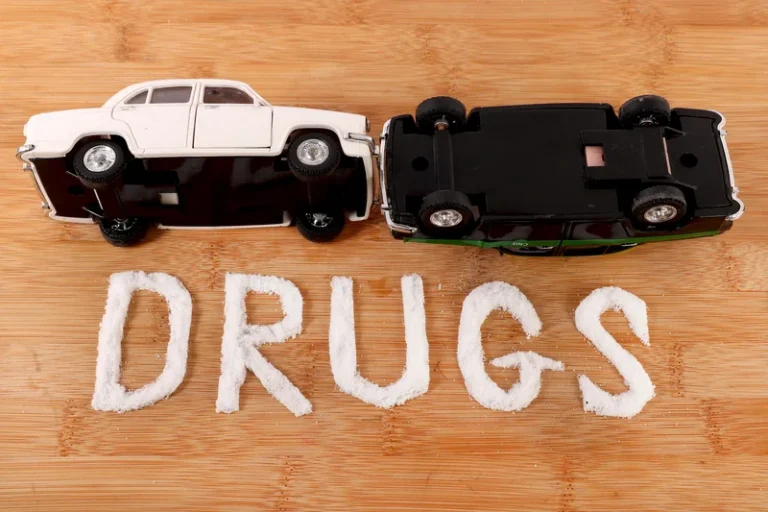
This stage is characterized by curiosity, peer influence, or a desire to experience the effects of the substance. At this point, occasional or sporadic use may occur, and individuals may not display any significant signs of dependency or addiction. The neural substrates of memory and conditioned learning are among the major circuits undergoing aberrant neuroadaptations in response to chronic drug exposure (Volkow et al, 2004a).
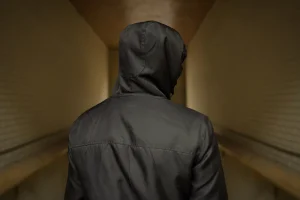
How Can You Break The Addiction Cycle?
- Maybe it’s a teenager trying alcohol for the first time at a party, or an adult experimenting with prescription painkillers after an injury.
- Instead, when an individual has transitioned into an addiction cycle, they feel helpless and unable to stop.
- After following their ritual, the addict uses drugs or alcohol to suppress, turn off, or ignore what’s triggering them.
- Psychological addiction involves the mental and emotional aspects, such as cravings and preoccupation with the substance, while physical addiction includes physiological changes and the development of tolerance.
If you or someone you know shows these signs of addiction or has tried and failed to quit using drugs or alcohol, there is still hope. Substance abuse Substance abuse treatment can begin no matter what stage of addiction you’re currently experiencing. However, the sooner treatment begins, the less intensive the treatment will need to be, and the less harm will be done to your health and relationships.
Every stage presents an opportunity to find help, take action, and ultimately escape the cycle of addiction. Each stage requires careful consideration and commitment to overcoming substance use. Understanding the triggers that lead to relapse can be crucial for developing effective prevention strategies and support systems. It can lead to increased risk, as individuals may turn to more potent substances to satisfy their altered needs and cravings. The cycle begins with the initial use of substances, often driven by curiosity, social influence, or a desire to escape reality.
